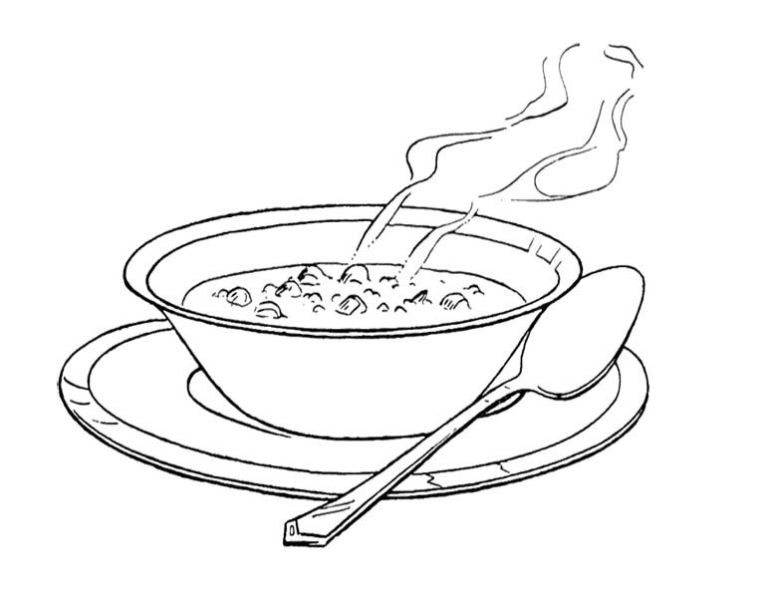Thelma Lou sleeps on my lap. She is seventy pounds of bloodhound. She is wearing a handkerchief around her neck.
Tomorrow is a special day for her.
The handkerchief is red. We call this her “blanky” because she carries it wherever she goes. It used to be my everyday handkerchief. Now it’s hers.
I know what you’re thinking: “Oh, boy. Here we go again. Not another sentimental dog story.”
No. That’s not what this is. The last thing I would ever write is a sentimental dog story. Those are dumb.
I’m writing an adventure. It’s about a tough guy named John.
John emailed me. He told me a story. John was a wayward young man, with a criminal record, and a knack for falling in with the wrong crowd.
John worked at the liquor store. Late one night, after closing shop, he was taking out the trash. He heard noise. He saw someone digging in the dumpster next door.
“Who’s there?” he hollered.
John heard quick footsteps. He saw silhouettes leap into a vehicle. He heard the engine roar. He saw a car drive away.
Then, whimpering came from the dumpster behind the supermarket.
He peeked inside.
A trash bag. It was covered in stale bread, rotting vegetables, and shredded paper.
John removed the bag. It was lumpy. And squirming. He opened it with a pocket knife. And, as John puts it: “Those puppies were no bigger than your hand.”
Newborns. Nine. Only eight were living. One puppy was not. They were black and white. They had pig-like faces. They made squeaking noises.
“Those guys left them to die,” says John. “I mean, the puppies were living, and those guys WILLINGLY wanted to change that.”
John took the puppies home. He washed the deceased puppy with dish soap—she was covered in stink and urine.…










